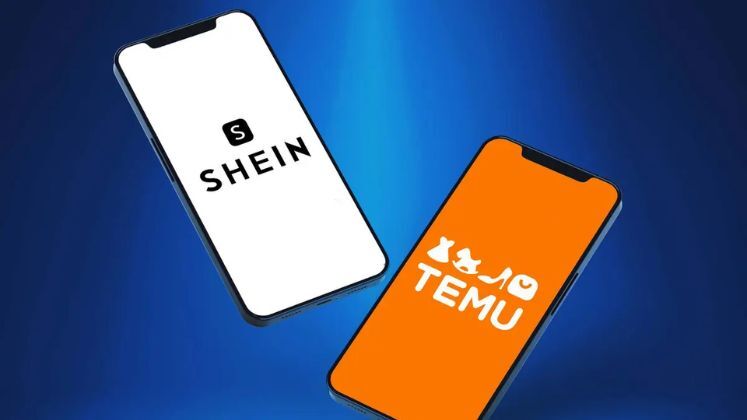France is pushing back against ultra-fast fashion, with the Government moving forward with a bill to ban advertising by Chinese retail behemoths SHEIN and Temu, as part of a wider crackdown on the environmental cost of the clothing sector.
The new bill makes a legal differentiation between “ultra” fast fashion—characterised by rapid production cycles and very low costs—and more classic fast-fashion retailers. This means that European players such as Zara, H&M, and Kiabi will be excluded from the ban.
Based on media reports, the French Senate unanimously voted an amended bill into law that not only bans advertising for fast fashion but also social media influencers who market such garments. The bill, which has already been adopted by the National Assembly, highlights increasing political determination in France to fight overconsumption and fabric waste associated with cheap, high-volume apparel.
A joint parliamentary committee will reconcile the National Assembly and Senate versions of the bill in September. Before being adopted definitively, the law will also be sent to the European Commission for examination.
Environmentalists have cautioned for years that fast fashion promotes throwaway consumerism, generating more pollution and waste. According to France’s government environment agency Ademe, almost 50 new pieces of clothing become available in the French market annually per person, and 35 pieces of clothing are discarded every second.
The legislation also includes an environmental rating scheme for fashion businesses. The worst-performing brands may be hit with charges of up to €5 per item from 2025, rising to €10 by 2030.
The sector disruption follows increasing distress for French fashion retailers. Local brands Jemmyfer have gone into liquidation, while others like Naf Naf are in court-appointed administration.
Separately, SHEIN is the target of criticism from the European consumer association BEUC, which has lodged complaints with the EU and 21 national authorities, including France, Germany, and Spain. The group alleges SHEIN employs manipulative design techniques—or “dark patterns”—to induce impulse buying.
SHEIN responded that it is “constructively” engaging with European regulators to confirm compliance with relevant laws and consumer protection requirements.







